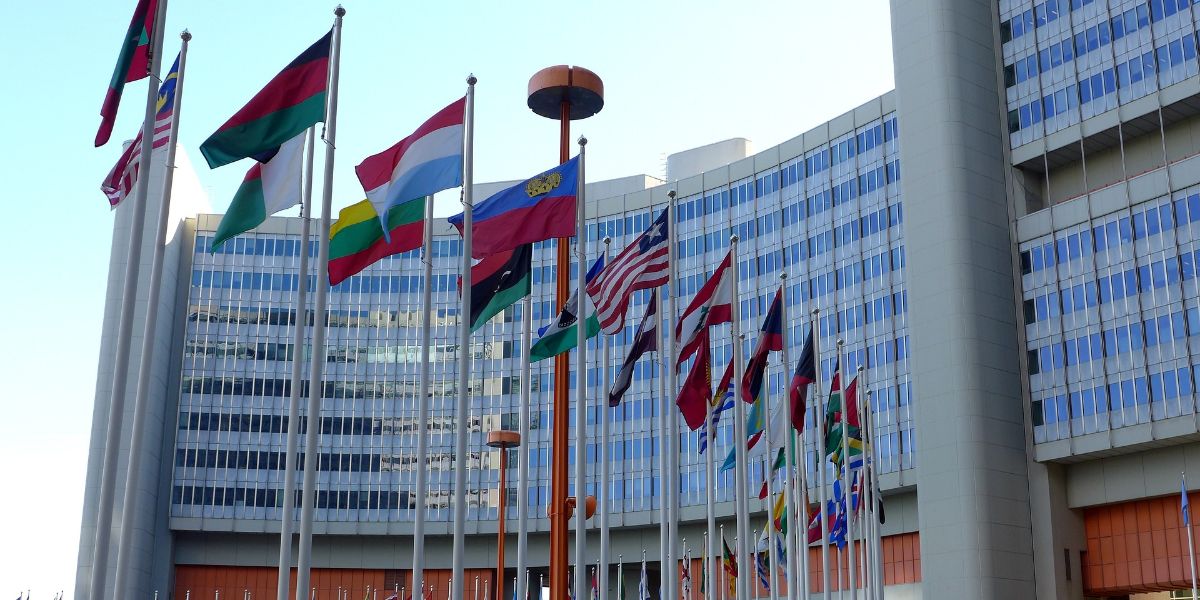In its meetings from 19 to 28 October 2021 the UN Committee has covered, among other issues, the interaction of tax, trade and investment agreements.
A Note on the Interaction of Tax Trade and Investment Agreements was prepared by the UNDESA Secretariat in 2019 after consultation with the OECD. The note provided information for the UN Tax Committee on some of the key issues arising from the interaction of tax and certain bilateral, regional or multilateral trade or investment treaties. The pursuit of further work on the issue was widely supported; but had not until now been followed up owing to other priorities.
Taxpayers are increasingly using investment treaties to litigate tax issues and it is therefore important to give practical guidance in identifying and addressing clashes between investment or trade agreements and tax agreements, tax policy and administration. There is a need for early warning systems to signal that such issues may arise in a particular case, and a need for steps to be taken to address such issues as soon as possible when they arise.
The UN Conference on Trade and Development (UNCTAD) has produced a document entitled International investment agreements and their implications for tax measures: what tax policymakers need to know, providing valuable information on the issues.
Guidance from the UN Tax Committee could deal with ways to pre-empt problems, for example through whole-of-government approaches; outline how tax officials could influence outcomes during negotiations; look at how to identify the nature of a claim and assess it; consider investor-state dispute settlement and how it differs from competent authority procedures; and look at key issues for non-tax agreement dispute settlement.
The UN Commission on International Trade Law is considering issues in the reform of investor/state investment arbitration.
The Tax Committee could produce guidance for developing countries in relation to analysis of the issues and priorities in dealing with existing trade and investment treaties and negotiating new ones. Guidance could assist in understanding current practices in tax policy, legislation and administration that are best adapted to identifying risks and their likely impact. The UN Committee could also consider the existing UN Model advice on the relationship of tax treaty issues with the General Agreement on Trade in Services (GATS) and whether it needs to be updated.
Guidance could be given to developing countries on identifying issues in the interaction of tax, investment and trade agreements; how to approach identified disputes in a whole-of-government way; and advice for tax officials who are involved in tax and investment treaty negotiations.
Separate guidance could be provided in relation to investment treaties and trade treaties, although though some treaties cover both issues. For most developing countries the investment issues are currently more urgent as tax issues have up to now been litigated in high profile investment disputes to a greater extent than in trade disputes.
The UN Committee is considering the formation of a multistakeholder and multidisciplinary Subcommittee on the Relationship of Tax, Trade and Investment Agreements to make recommendations on the issues and priorities, with an emphasis on guidance to developing countries on the interaction of tax, trade and investment agreements.













